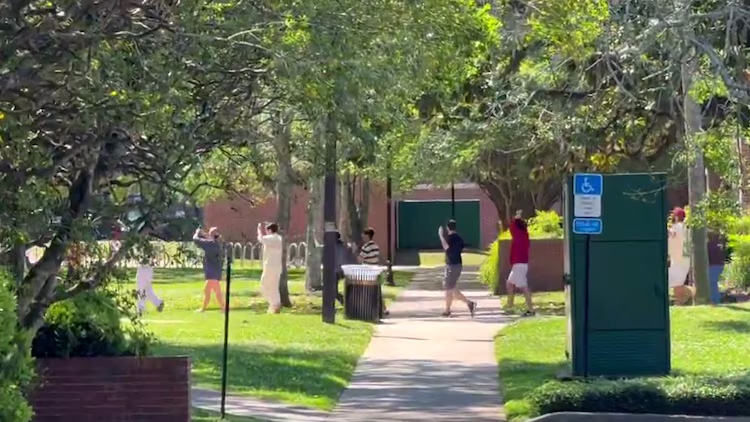Tips to help beat the 'winter blues'

As the days grow shorter and temperatures plunge, you may be feeling more sluggish or moody.
You may call it the "winter blues," but it's actually a kind of depression called seasonal affective disorder, according to Mayo Clinic.
Less daylight means that our brains produce less mood-boosting serotonin while making more sleep-promoting melatonin. The combination of less serotonin and increased melatonin causes seasonal affective disorder, or SAD.
Symptoms of seasonal affective disorder include sleeping too much, overeating, loss of energy, social withdrawal and difficulty concentrating.
Mayo Clinic offers these tips to help beat the "winter blues":
- Get outside: There's no substitute for natural light. Try to go for a walk during lunch or take a break to catch some rays.
- Try a light therapy box: You can use these bright lights anytime to help boost your mood when you're unable to get outdoors
- Get regular exercise: Aim for 30 minutes, three times a week
- Stay social: Make plans and interact with family and friends on a regular basis
While many people experience some elements of SAD in winter, you should seek professional help if your symptoms begin to affect you at work or in your relationships.










